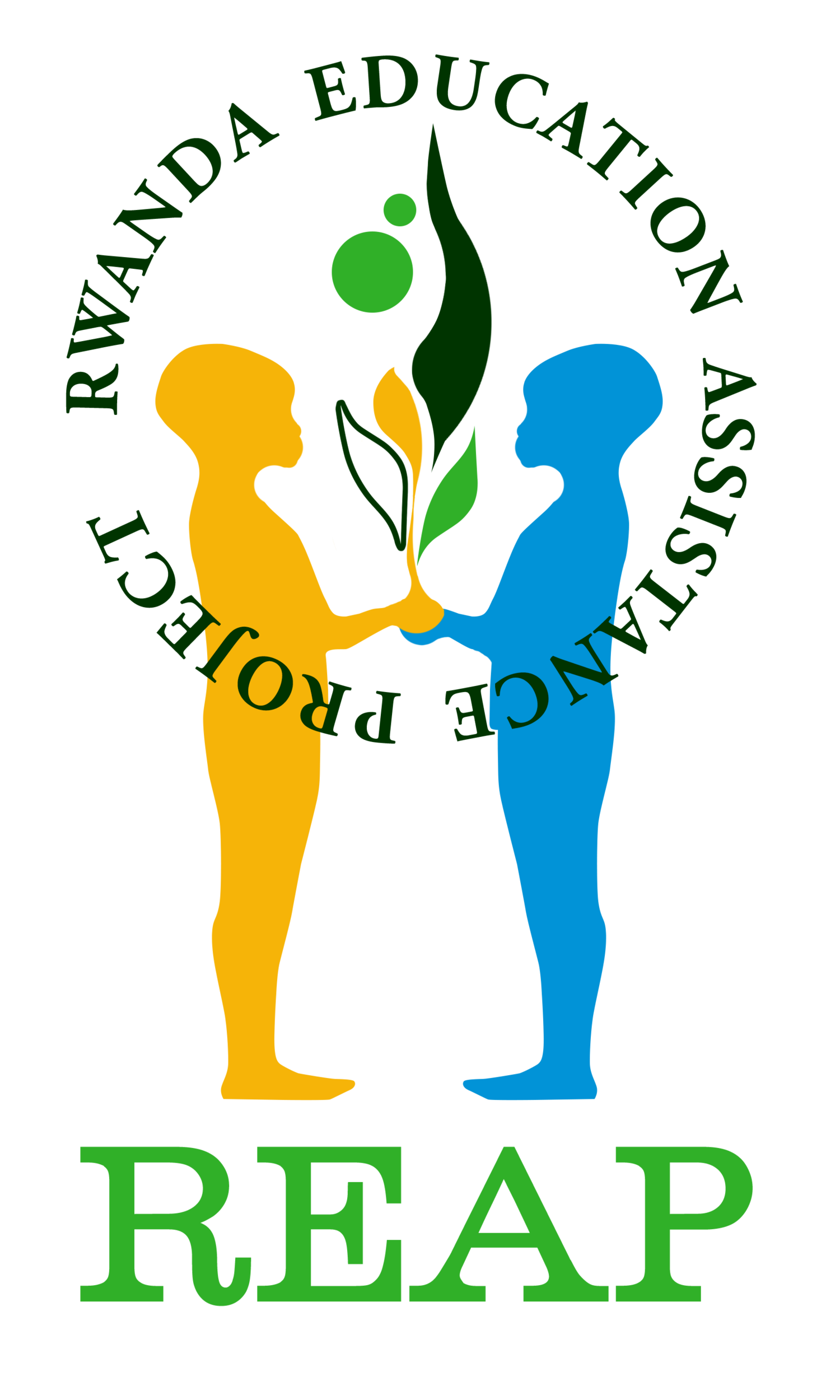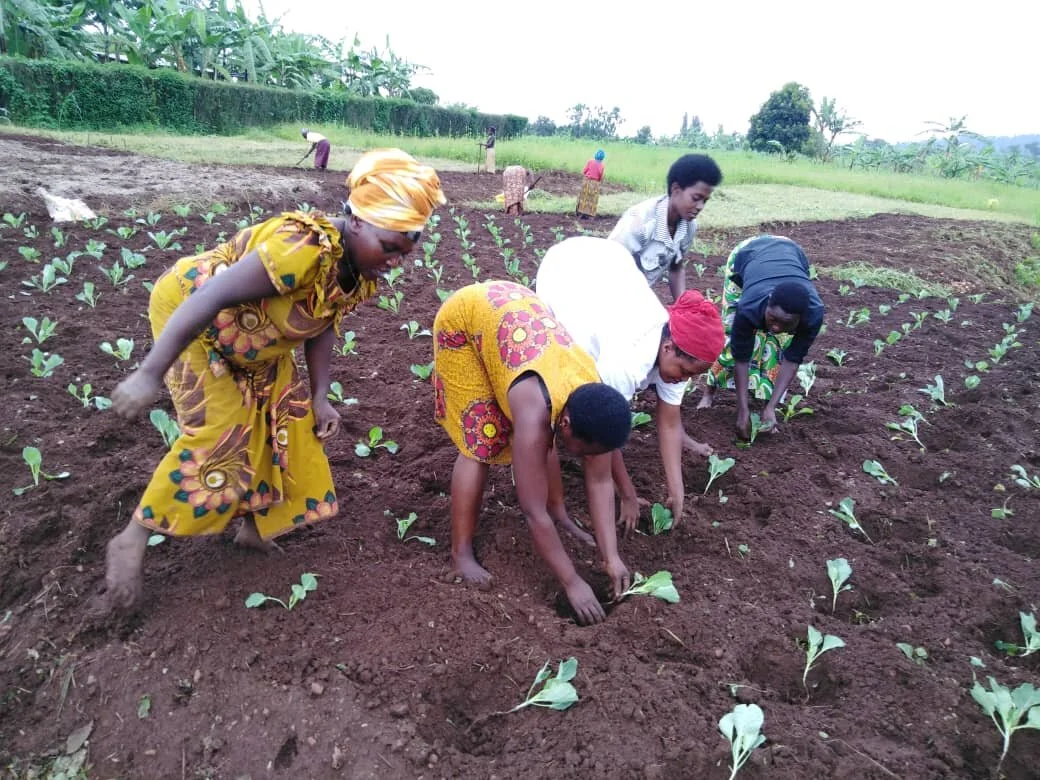REAP believes that the success of children — and the quality of their education — and the strength of a community depend upon each other in order to break the cycle of poverty and generate opportunities for lifelong learning.
REAP’s programs target children and their parents, the Duha Complex Public School, and the surrounding communities of Duha and Akabare. By focusing on a rural area of 7,000 people, we are creating the conditions to reweave the fabric of these communities.
Community Learning Center and Library (CLCL)
The Community Learning Center and Library (CLCL) — close to the Duha school and at the crossroads of the village of Musha — maximizes the participation of students, parents, and the surrounding community. The center is designed as a convening place to promote community-driven homegrown solutions such as Friends of Family to deal with family conflict, Community Health Workers to increase access to health care, and the Village Kitchen to alleviate malnutrition and stunting.
Sustainable Agricultural Development
Our REAP farm at the CLCL is a community vegetable and fruit garden that our REAP agronomist manages. It is a model of modern and productive farming techniques. The farm helps to create a more sustainable approach to farming by providing seedlings to community members who can readily plant them in their small plots of land to generate a quicker, healthier harvest. The farm also produces food that supplements balanced meals for the nutrition program. REAP also initiated a vegetable garden at the Duha School which supports the feeding of the students for the past six years.
Parent Evening
This weekly three-hour meeting is an open invitation to all parents in the community. We host discussions around household issues like marital conflict, domestic violence, alcoholism, childrens' rights, micro-savings, and circumstances that affect a family's well-being. The community selects parent volunteers who take turns facilitating. REAP staff occassionally run workshops on skills that include effective group facilitation and community mobilization.
Student Clubs Supporting Resiliency
a. Business Leadership club to help male and female students create and run businesses and entrepreneurial projects to help generate income and prepare for life after school.
b.Musha Alumni Club helps high school graduates with technology, internet and employable skills at the REAP’s CLCL.
Micro-savings Groups
These grassroots groups increase savings and provide loans for food, cattle, clothes and health insurance to strengthen economic and social wellbeing.
Community Service
Parents and students who participate in REAP's programs partake in monthly Umuganda activities (a practice from Rwandan culture of self-help and cooperation) at both the CLCL and Ihuriro Community Center. The activities include work on the farm, story telling, cleaning, gardening, and assisting in classroom learning activities. After Umuganda, a government official or our community organizer leads a discussion on government-initiated civic programs.




